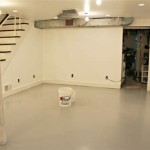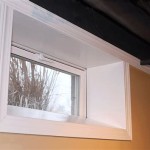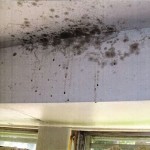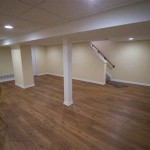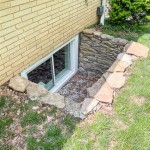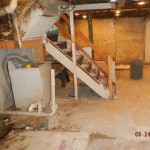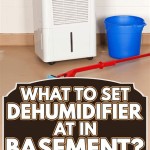Best Moisture Barrier For Basement Floor
Protecting your basement floor from moisture is essential for maintaining a healthy and comfortable living space. Moisture can lead to mold, mildew, and other problems that can compromise the structural integrity of your home. Fortunately, there are several effective moisture barrier options available to prevent moisture from seeping into your basement floor.
Polyethylene Sheeting
Polyethylene sheeting is a durable and inexpensive moisture barrier that is often used in basements. It is a waterproof material that can be laid directly over the concrete floor. Polyethylene sheeting is not breathable, so it is important to ensure that the concrete floor is completely dry before installing it. Otherwise, moisture can become trapped beneath the sheeting and cause problems.
Rubber Membrane
Rubber membrane is another effective moisture barrier that is commonly used in basements. It is a more expensive option than polyethylene sheeting, but it is also more durable and breathable. Rubber membrane is also resistant to chemicals and mold, making it a good choice for areas that are prone to moisture.
Epoxy Coating
Epoxy coating is a liquid-applied moisture barrier that creates a seamless seal over the concrete floor. It is a durable and waterproof material that is resistant to chemicals and abrasion. Epoxy coating is also breathable, so it allows moisture to escape from the concrete floor without compromising the integrity of the barrier.
Basement Floor Paint
Basement floor paint is a paint-on moisture barrier that is designed to seal the concrete floor and prevent moisture from seeping through. It is a less expensive option than other moisture barrier options, but it is also less durable. Basement floor paint is not breathable, so it is important to ensure that the concrete floor is completely dry before applying it. Otherwise, moisture can become trapped beneath the paint and cause problems.
Factors to Consider When Choosing a Moisture Barrier
When choosing a moisture barrier for your basement floor, there are several factors to consider, including:
- Basement Environment: The type of moisture barrier that you choose will depend on the environment of your basement. If your basement is prone to flooding, you will need a more durable and waterproof barrier, such as rubber membrane or epoxy coating.
- Budget: The cost of moisture barriers can vary depending on the type of material and the size of your basement. It is important to consider your budget when choosing a moisture barrier.
- Durability: The durability of a moisture barrier is important for ensuring that it will provide long-term protection against moisture. Consider the amount of traffic that your basement floor will receive and choose a barrier that is durable enough to withstand it.
- Breathability: Some moisture barriers are breathable, while others are not. Breathable moisture barriers allow moisture to escape from the concrete floor without compromising the integrity of the barrier. This is important for preventing moisture from becoming trapped beneath the barrier and causing problems.
By considering these factors, you can choose the best moisture barrier for your basement floor and protect your home from the damaging effects of moisture.

Dorken Delta Fl Plastic Subfloor System For Basements

Thermaldry Basement Flooring Systems Waterproof

Underslab Retrofits Sealing Slabs Waterproof Magazine

Our Complete Crawl Space Vapor Barrier System

Is A Vapor Barrier Good Basement Waterproofing Solution

Moisture Block Pro 175 Sf Roll

Do You Need A Vapor Barrier In Basement The Real Seal Llc

Keep Your Basement Protected With Our Subfloor Moisture Barriers Exclusive Free Shipping Deal

Moisture Block Pro 175 Sf Roll

Polyguard 4 Best Ways To Waterproof A Basement
See Also

